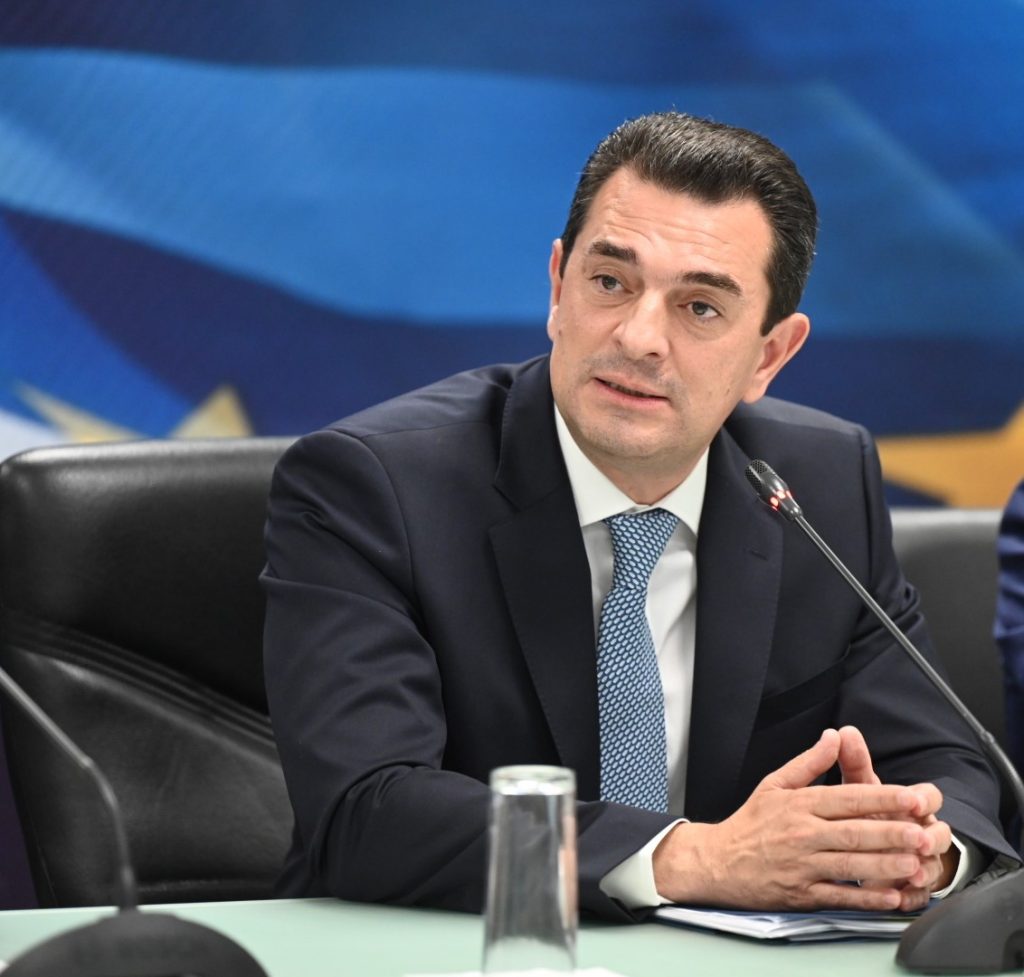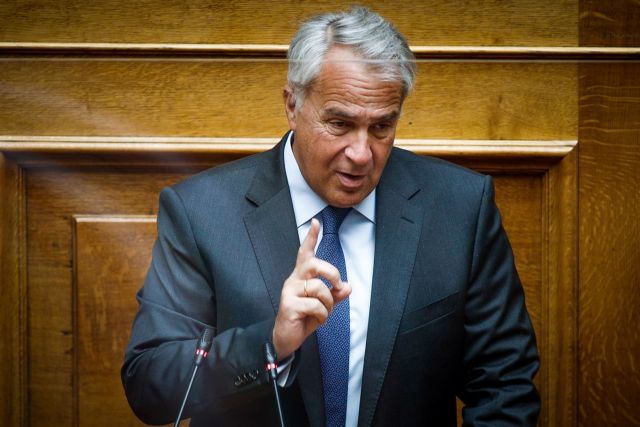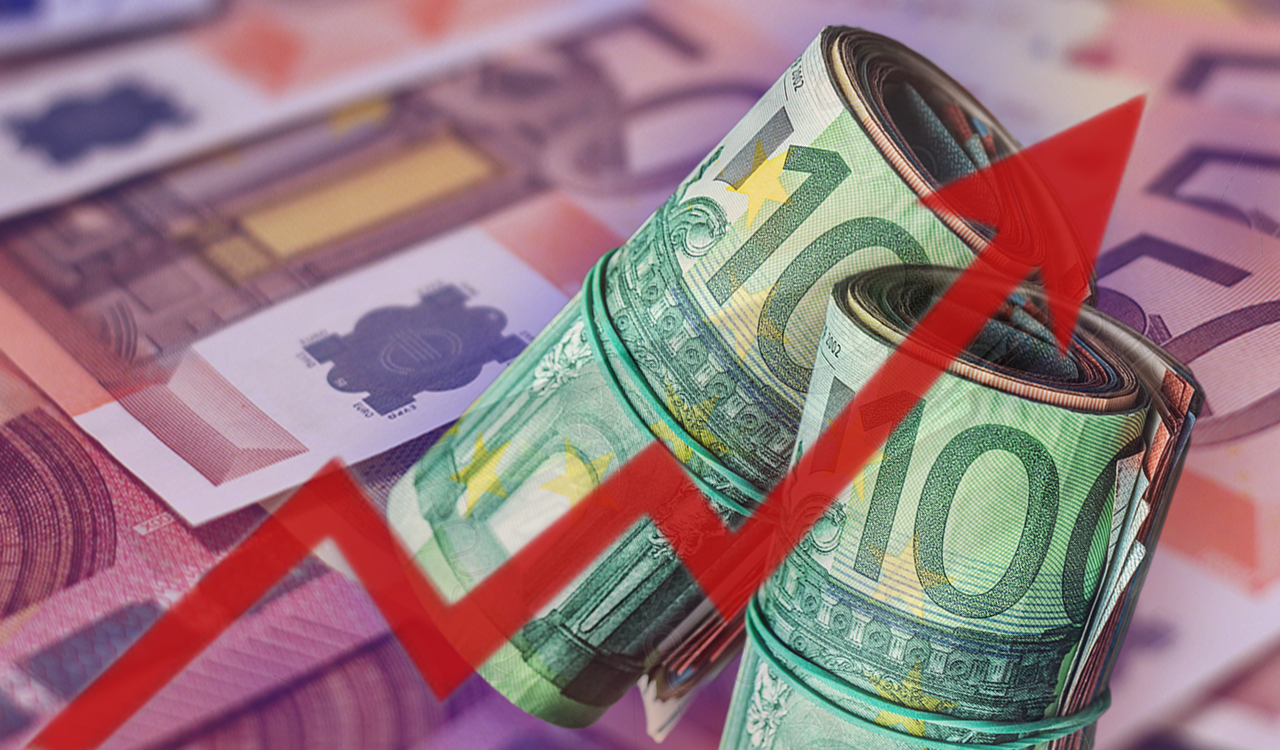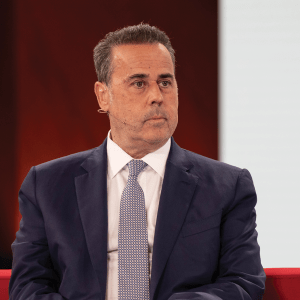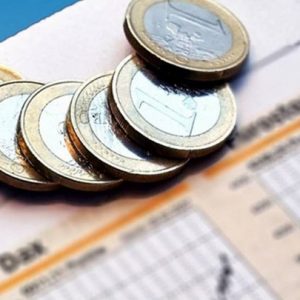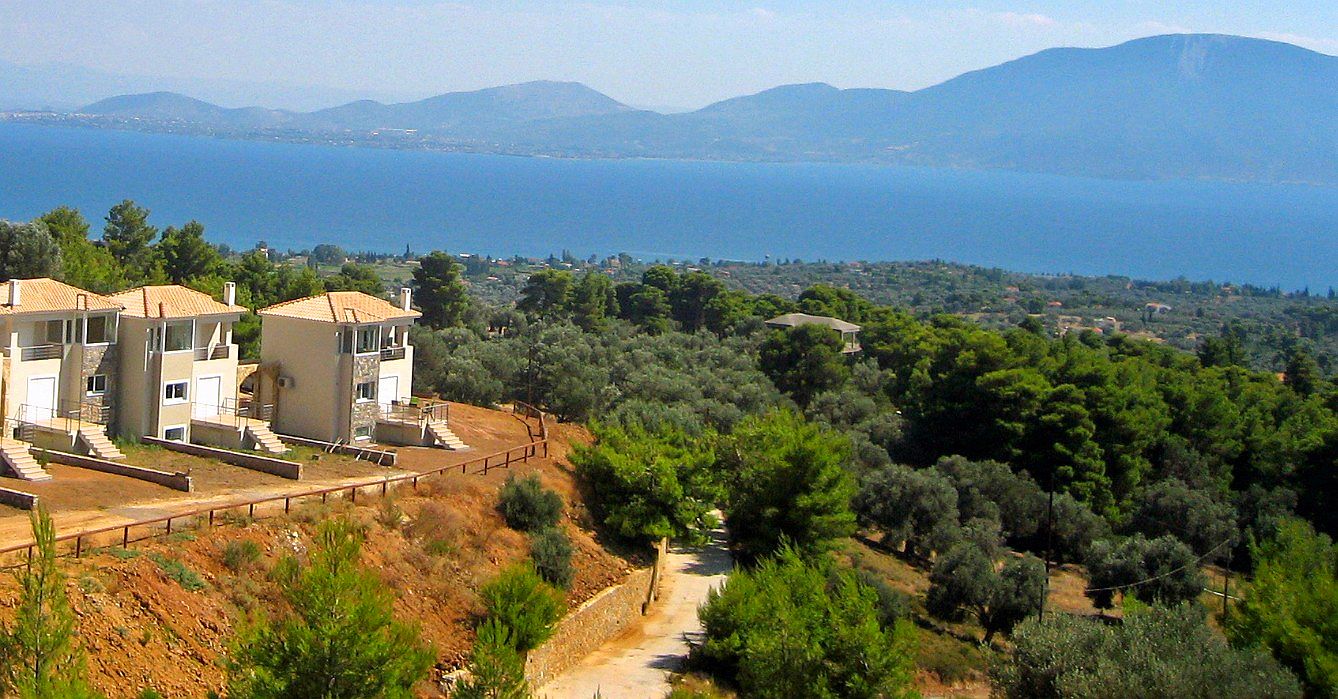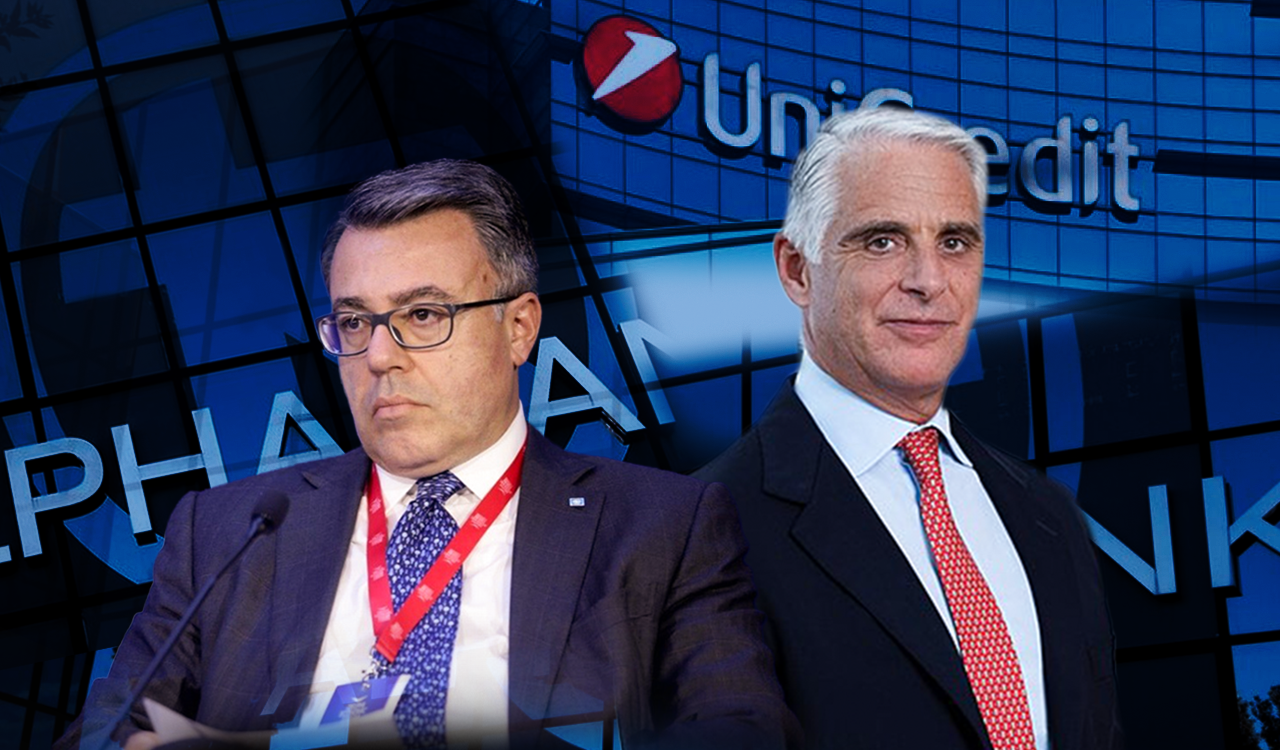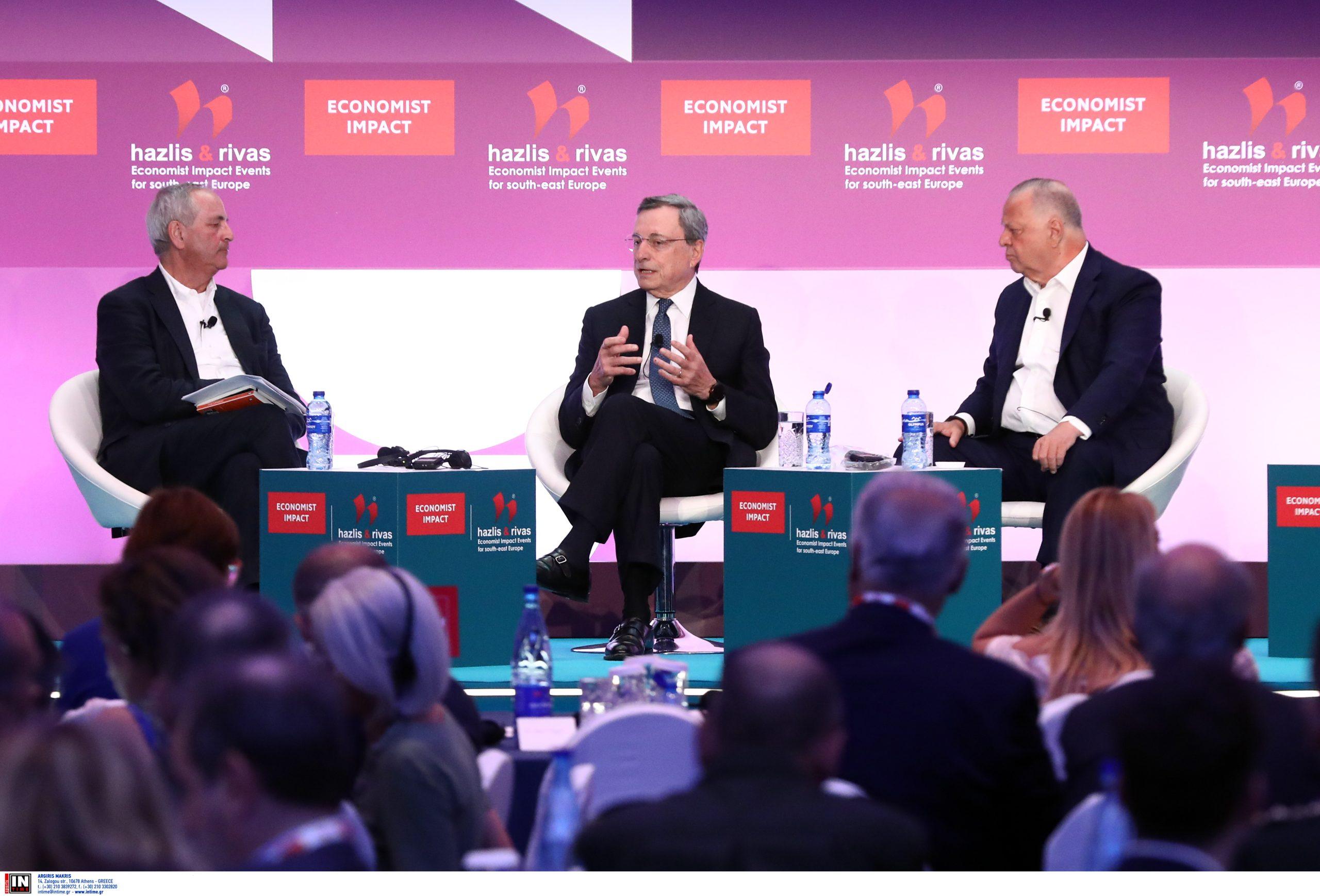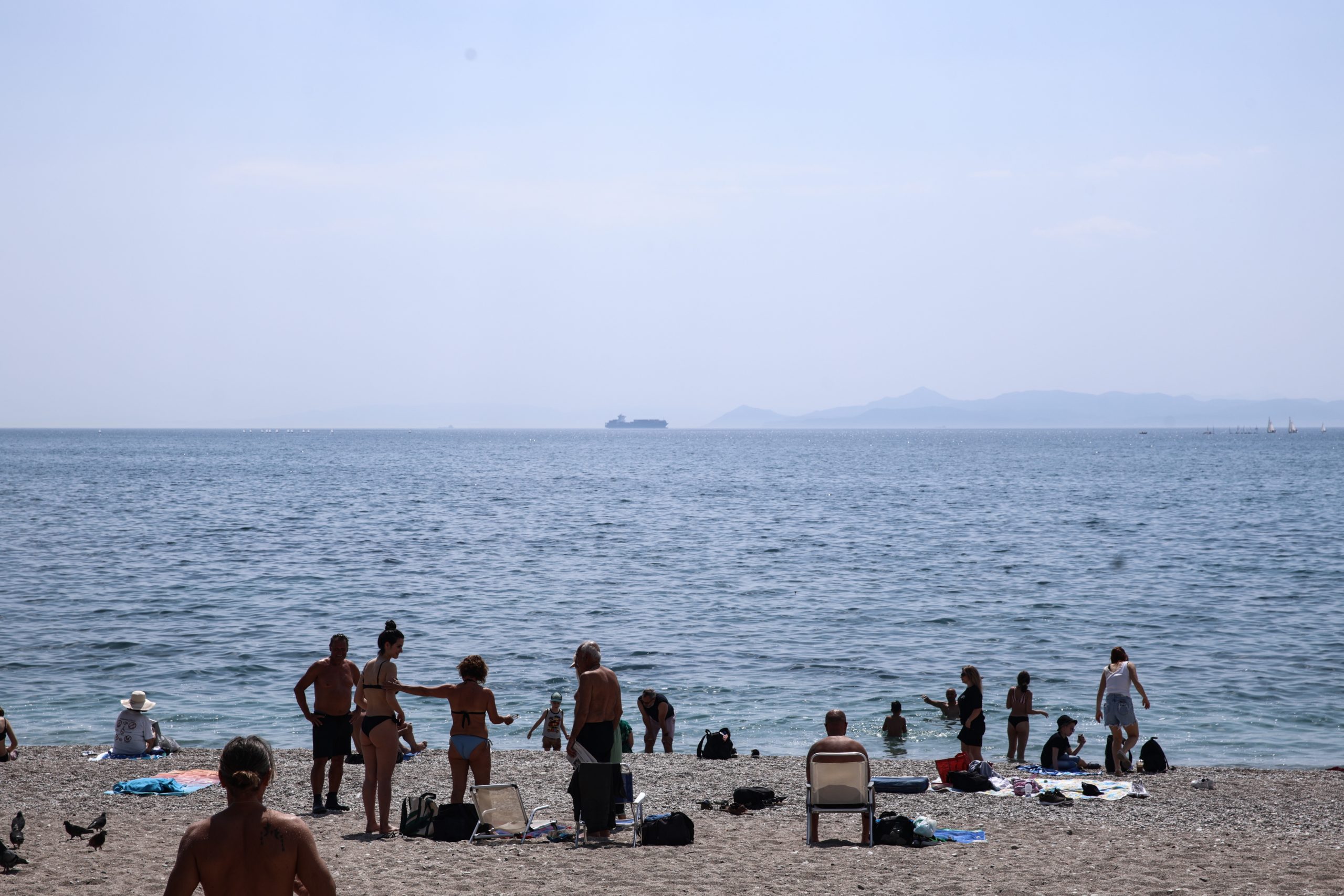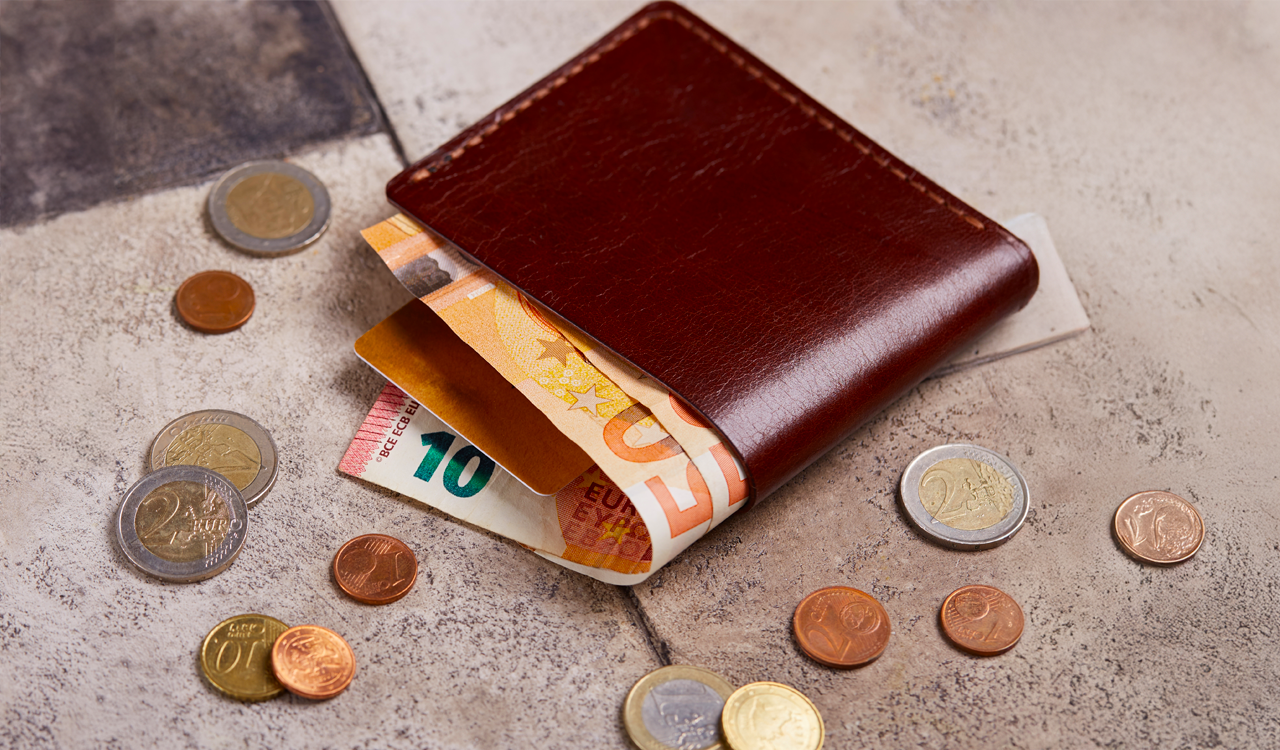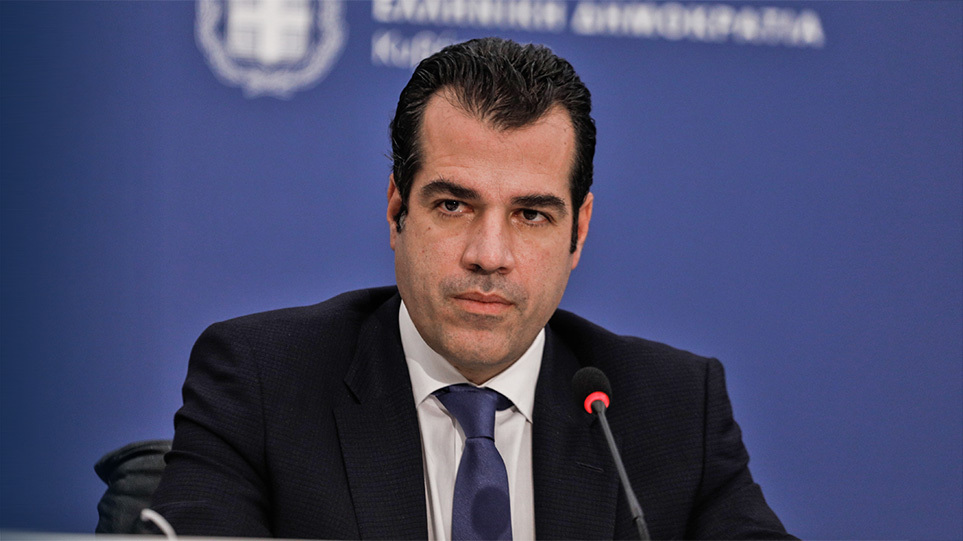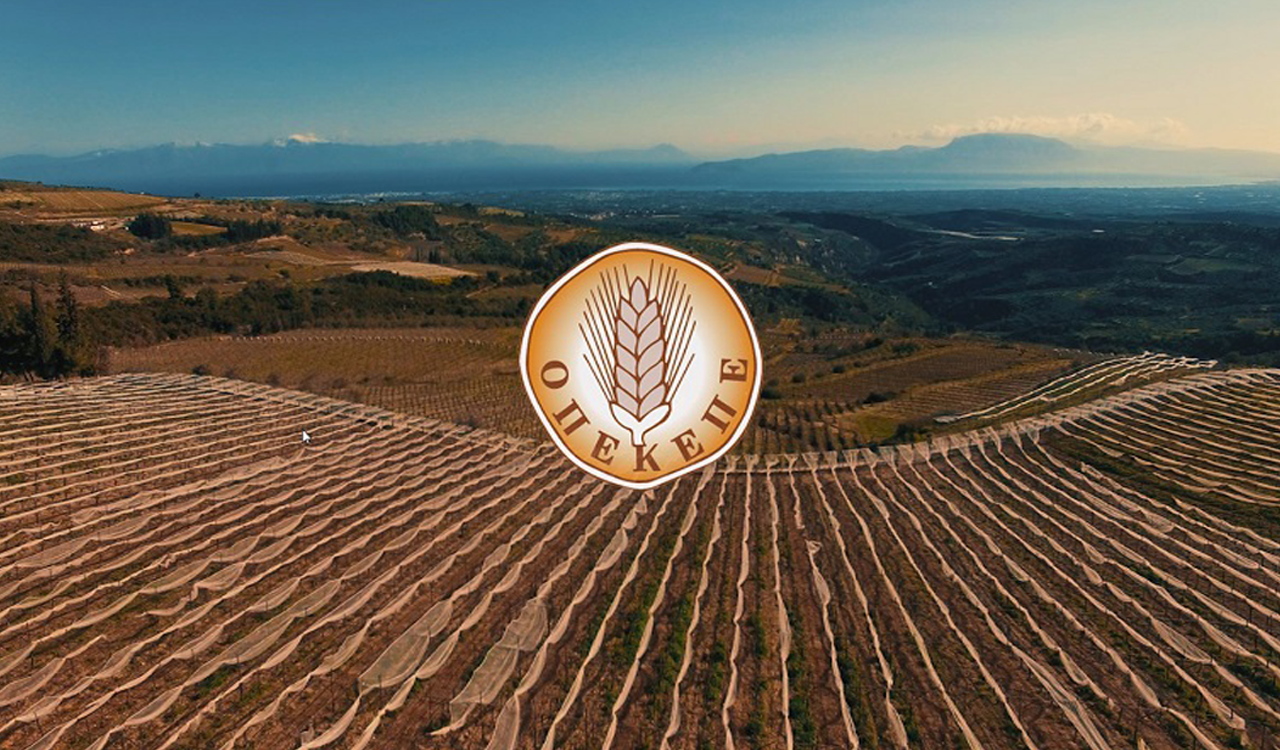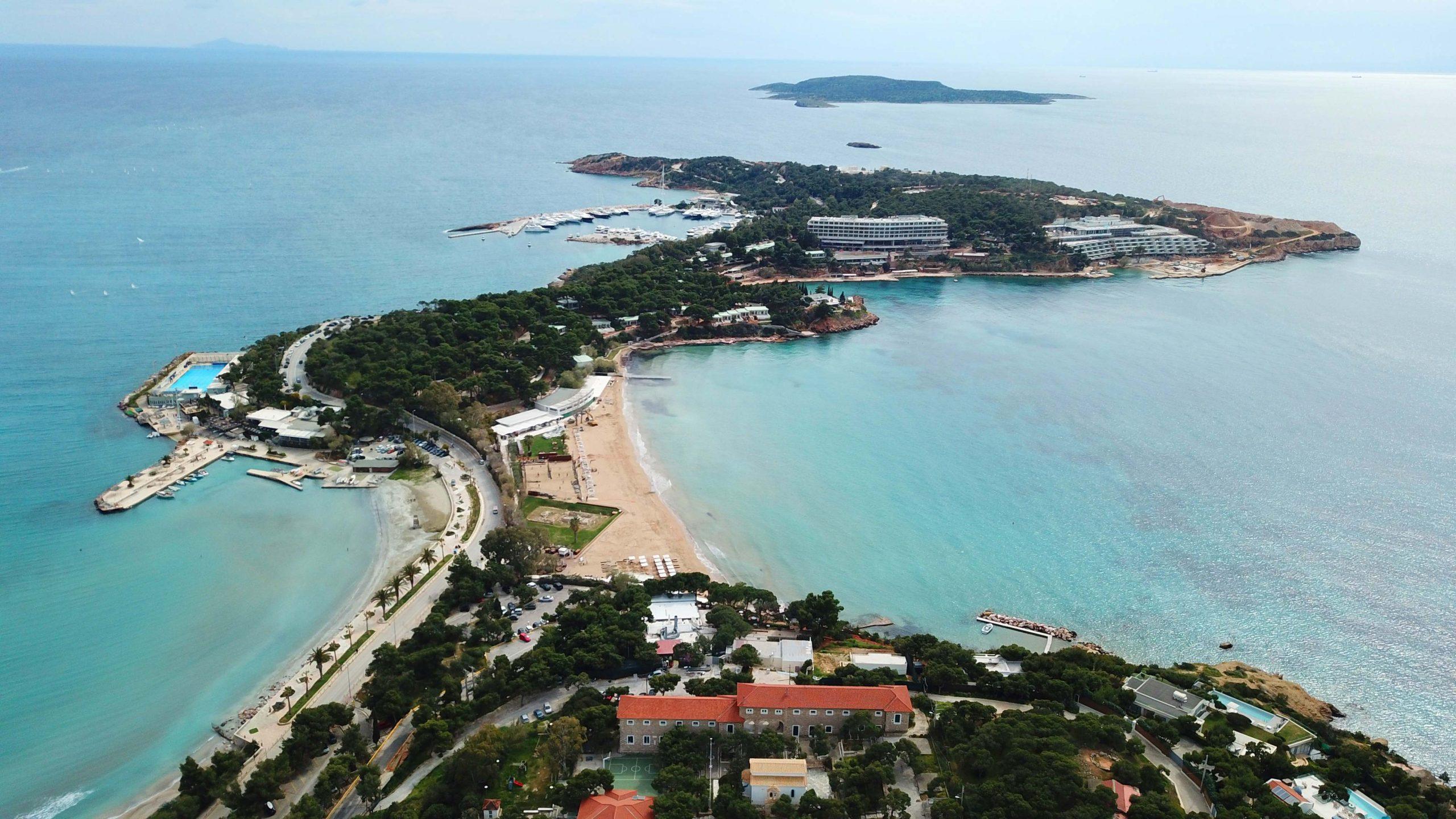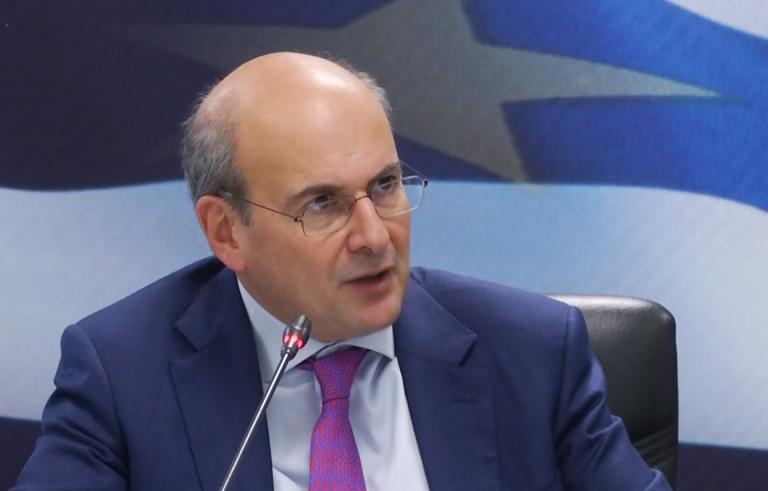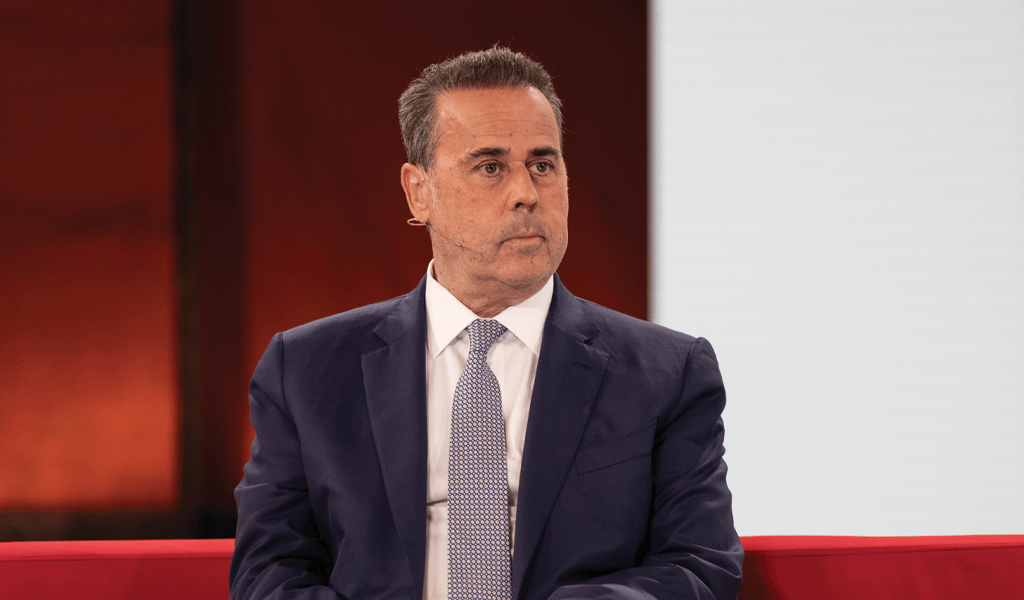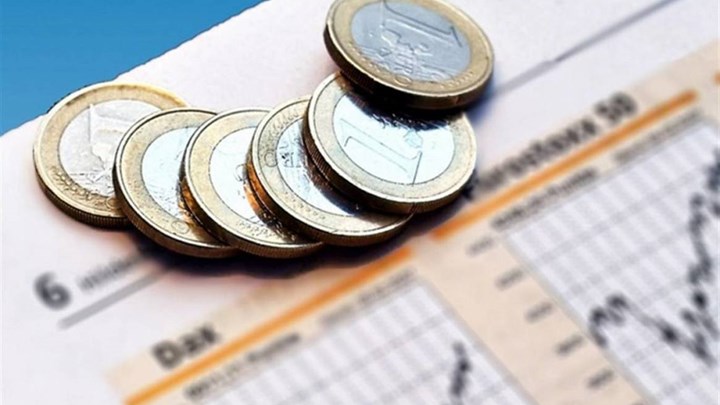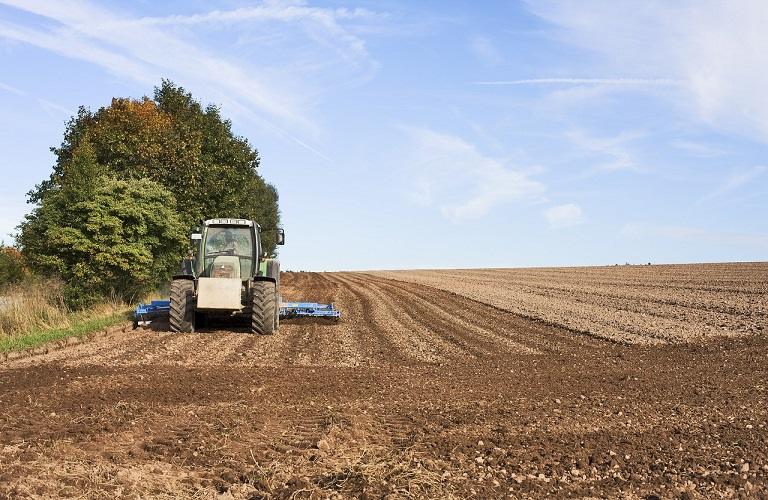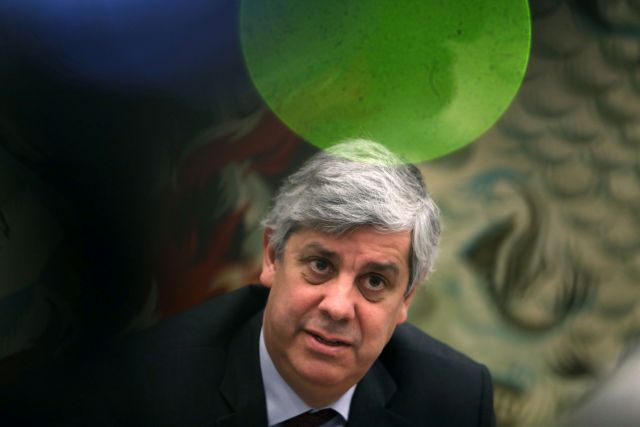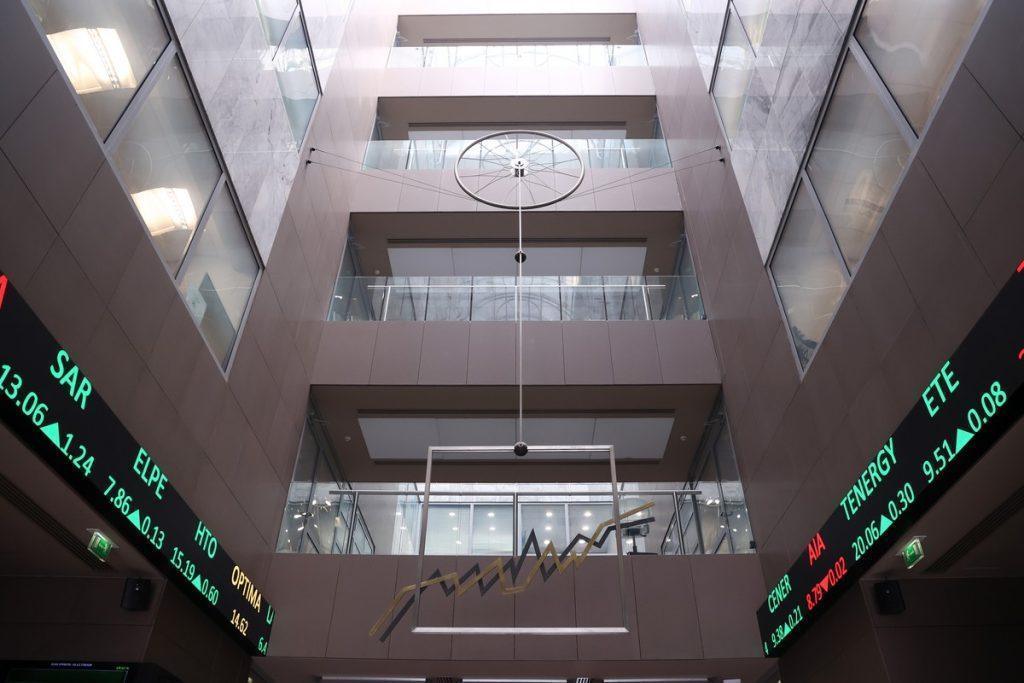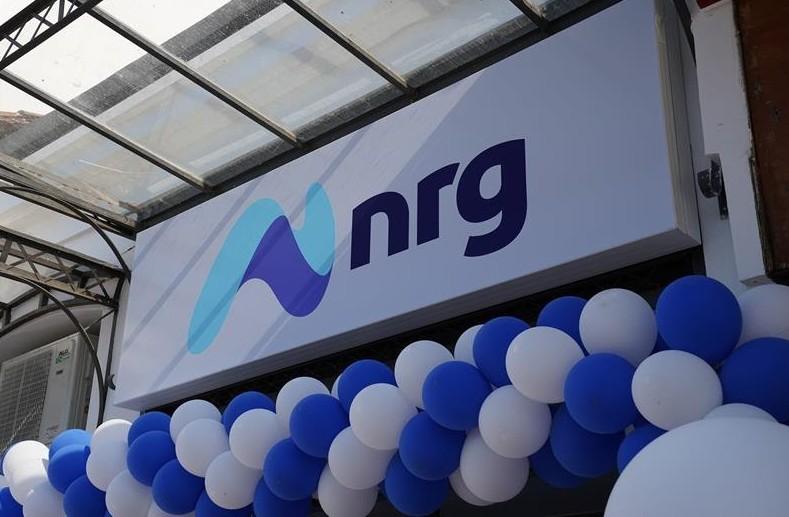“Of course the price of olive oil will increase, because currently the oil inflation in Spain in September is 67%. In Greece it is 28.8%. This means that there is currently a shortage. That has pushed international prices up and that’s being shelved.”
This is what the Minister of Development Kostas Skrekas said, speaking on Open channel, adding that “cheaper oil – not cheap – can be found by the consumer through the comparison on the e-katanalotis platform”.
A price ceiling would bring shortages
When asked why there is no ceiling on the price of olive oil or a ban on exports, Mr. Skrekas explained that exports cannot be banned within the framework of the rules of the common European market. On the other hand, “if we impose a ceiling of 4 euros on the producer, the producer in Greece will have to sell it that much and any Spaniard or Italian who comes will buy it for 9 euros. What will this mean? In order for the producer to be able to survive – because he has increased production costs, reduced production, because he has increased labor costs – he will be forced to sell it where he has a higher income. Because that’s how the market works.”
He added that “then we wouldn’t have oil in Greece. The oil would only be sold on the black market and at very high prices. Oil has not been force-priced in any country. There have been countries like Hungary that put a ceiling on certain products and those products disappeared from the shelf. That’s where the valuation is headed. You have to be ready to put a coupon so that consumers go with a coupon to buy the products.”
Regarding the sale of last year’s olive oil that was bought cheaper by the formulators and the price on the shelf shot up as if it was bought at this year’s higher prices, Mr. Skrekas said: “and in Spain last year’s oil is sold and it makes 9 euros, and in Italy and Portugal. Olive oil is an internationally traded commodity. We export more than 50% of the production. If we put a cap, whoever gives more money to the producer there will sell and we will run out of oil. We all want the price to go down and if we could achieve that we would have agreed between the countries on pricing. But firstly, devaluation is prohibited and secondly, all the oil would leave the countries and go to the rest of the world.”
Checks on industrial packagers
He added that on the part of the Ministry of Development, checks are underway on olive oil standardization companies, to determine if they are selling above the 2021 profit margin in violation of the relevant legislation. “And they will continue to be scrutinized and we will continue to impose the heavy fines that we are announcing. “No other country has fined money laundering in Europe,” he noted.
The ceiling worked
Regarding the overall problem of inflation, Mr. Skrekas admitted “the biggest problem today for the Greek family is inflation” and repeated that “it is an international and European problem” and that “we are largely affected by imported inflation”.
He pointed out that the cap on corporate profit margins has paid off. “That’s why we have deflation in milk, that’s why many companies participate in reducing prices by 5%”, he said characteristically.
In relation to the fines, the Minister of Development stated that fines amounting to 5.5 million euros have been imposed so far and more than 5,000 codes are currently being examined and “if there are any findings you will know very soon”.
He explained that the intensification of controls did not start earlier because, according to him “in 2021 and 2022 we had price increases on the shelf because there were real increases in costs. Now we see that costs are falling and prices are staying at their level. Now is when we can have greed inflation and we go and do audits and we have findings. Now the checks will pay off.”
Finally, regarding the consumer’s basket, Mr. Skrekas said that “the basket is doing very well. So as long as it works, we will continue it.”
